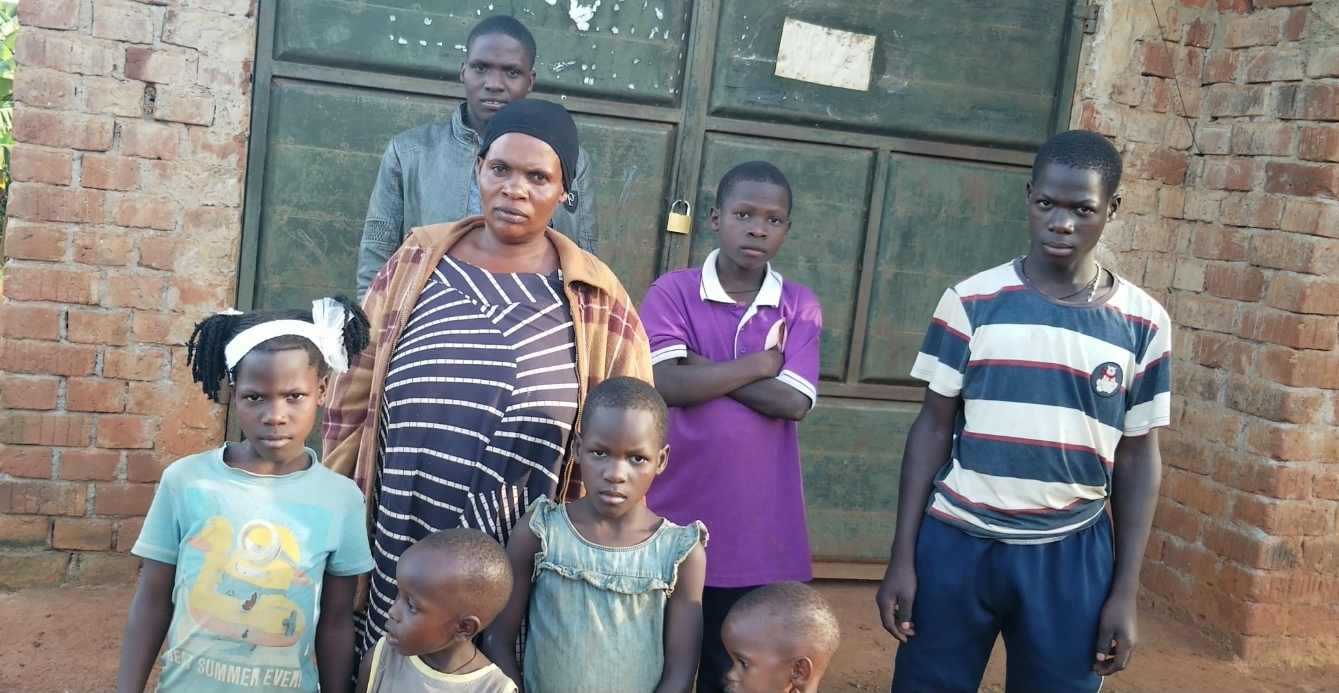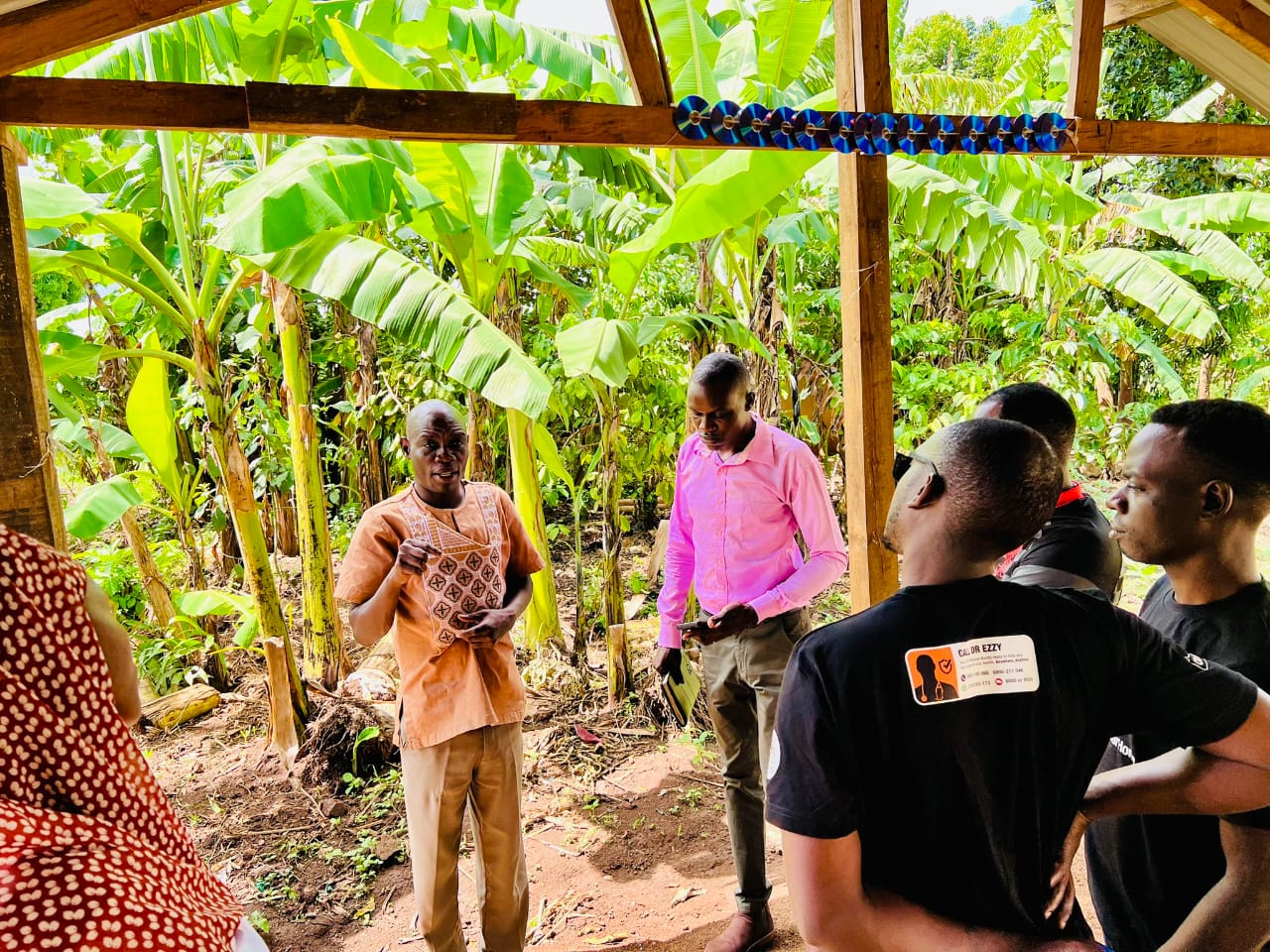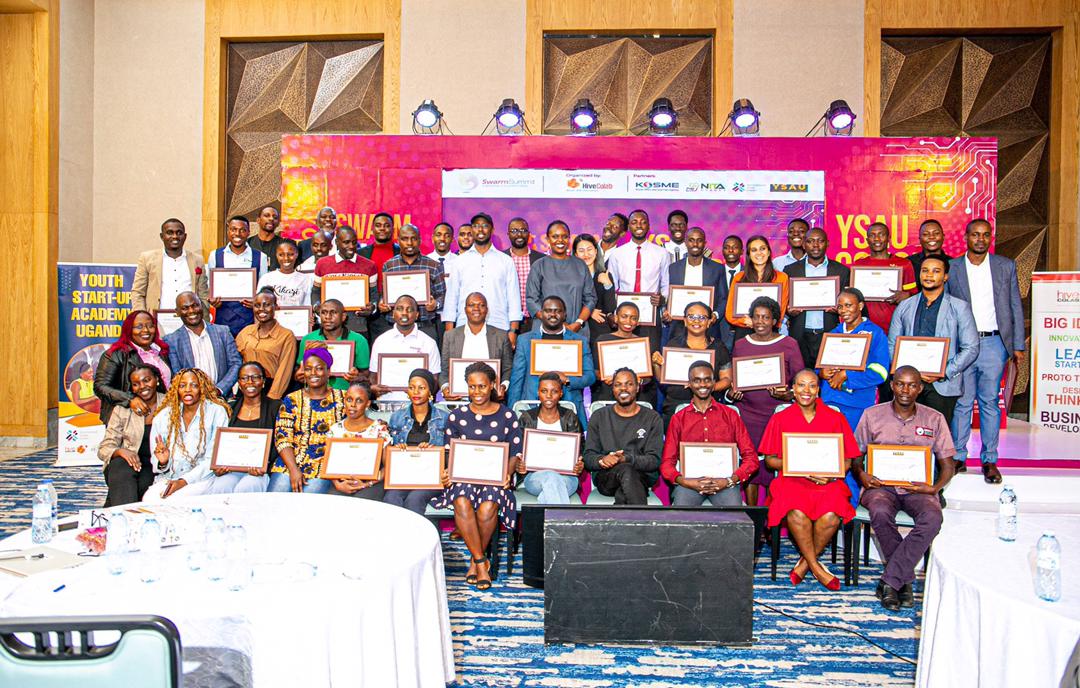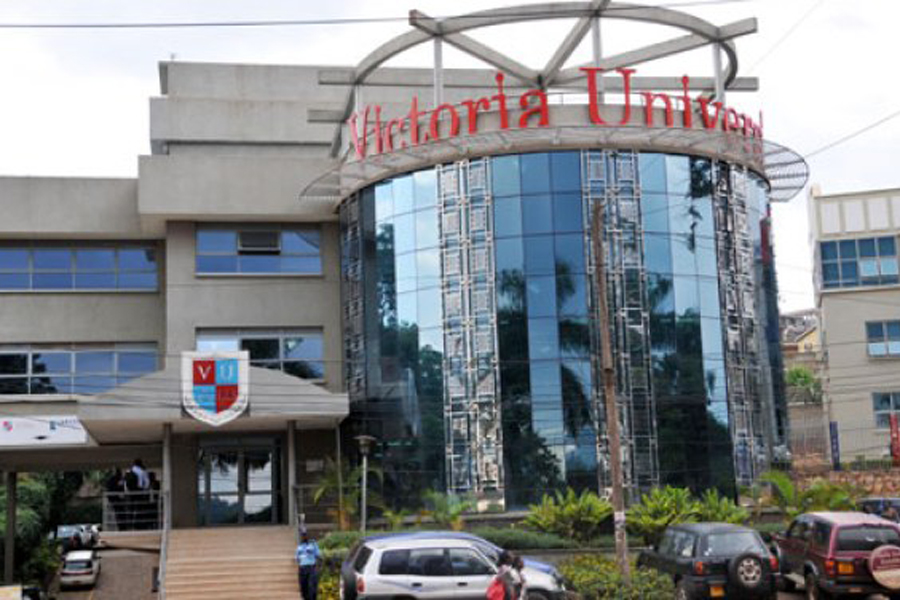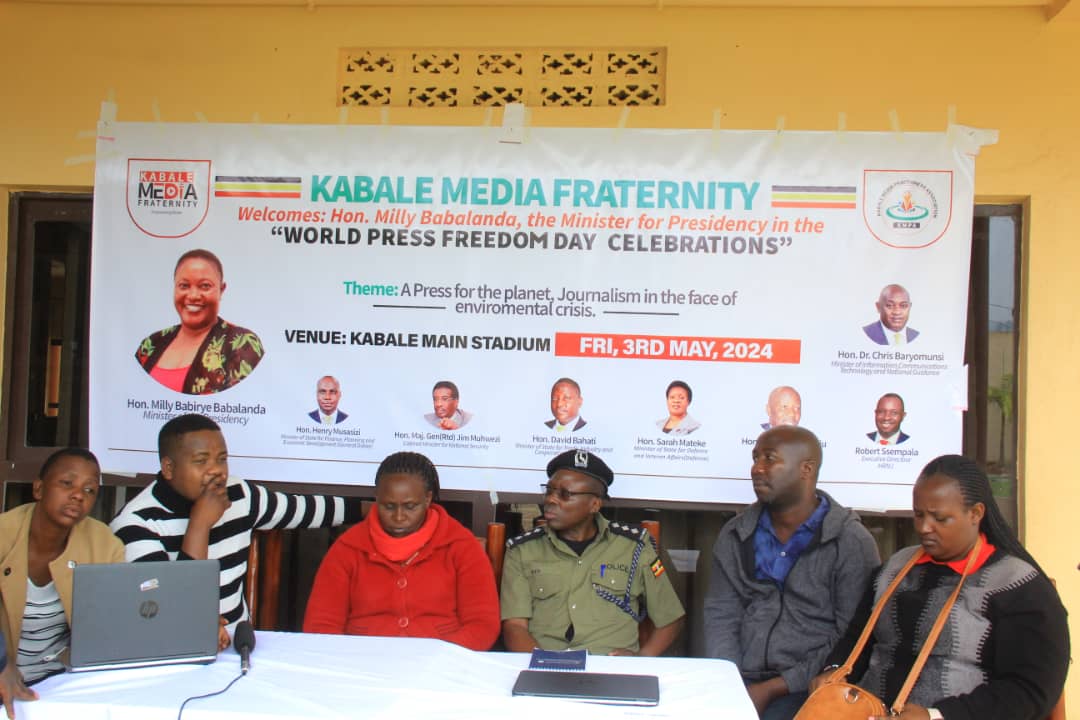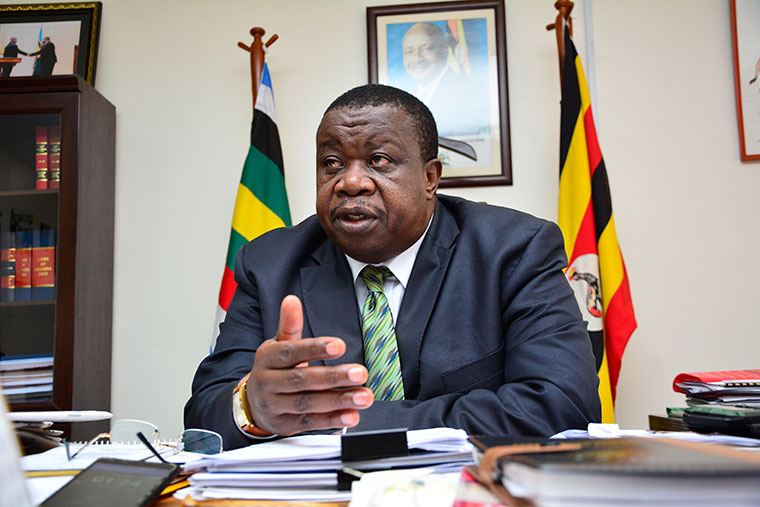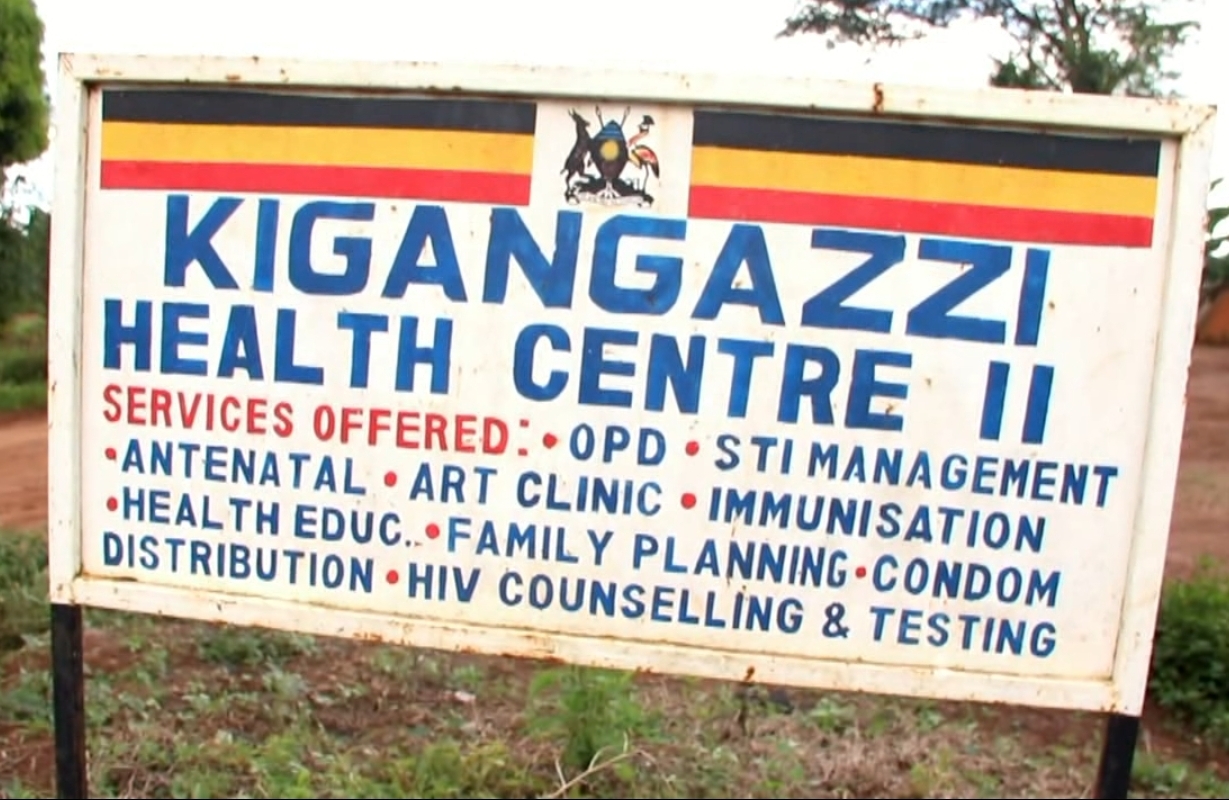Uganda's Ongoing Battle Against Corruption: Challenges, Progress, and the Path Forward
In Uganda, corruption remains a persistent challenge, threatening the country's socio-economic development, eroding public trust in government institutions, and hindering efforts to build a transparent and accountable society. Despite concerted efforts to combat corruption, endemic issues persist, prompting calls for renewed action and systemic reforms to root out this pervasive scourge.
Scope and Impact of Corruption:
Keep Reading
Corruption in Uganda manifests in various forms, including bribery, embezzlement, nepotism, abuse of power, and illicit enrichment. It permeates all levels of society, from government offices to private businesses, and affects sectors such as healthcare, education, infrastructure, and law enforcement. The impact of corruption is far-reaching, exacerbating poverty, inequality, and social injustice, and undermining the rule of law and democratic governance.
Challenges in Combatting Corruption:
Combatting corruption in Uganda faces numerous challenges, including weak institutional capacity, limited resources, lack of political will, and entrenched patronage networks. The judiciary and law enforcement agencies often lack independence and face pressure and interference from political elites. Additionally, impunity for corrupt officials, coupled with a culture of silence and fear of reprisal, hampers efforts to hold perpetrators accountable and deter future wrongdoing.
High-Profile Cases and Public Outcry:
Over the years, Uganda has witnessed several high-profile corruption scandals that have sparked public outrage and demands for accountability. Cases involving mismanagement of public funds, fraudulent procurement practices, and abuse of office have drawn scrutiny and condemnation from civil society, media, and international observers. While some perpetrators have been prosecuted and convicted, many cases languish in judicial limbo, fueling perceptions of impunity and fostering disillusionment among citizens.
Government Response and Anti-Corruption Efforts:
The Ugandan government has taken steps to address corruption through legislative reforms, institutional strengthening, and awareness-raising campaigns. The establishment of anti-corruption agencies such as the Inspectorate of Government and the Anti-Corruption Unit within the State House demonstrates a commitment to tackling corruption at the highest levels. Additionally, the enactment of laws such as the Anti-Corruption Act and the Whistleblower Protection Act aims to provide legal frameworks for prosecuting corrupt practices and protecting whistleblowers.
Civil Society and Citizen Engagement:
Civil society organizations, grassroots movements, and advocacy groups play a crucial role in holding the government accountable and advocating for transparency and integrity in public affairs. Through civic education, mobilization efforts, and monitoring initiatives, civil society empowers citizens to demand accountability from their leaders and participate in anti-corruption efforts. The media also serve as watchdogs, exposing corruption scandals and raising awareness about the detrimental effects of corruption on society.
International Support and Collaboration:
Uganda's efforts to combat corruption are bolstered by support from international partners, including multilateral organizations, donor agencies, and foreign governments. Technical assistance, capacity-building programs, and financial support contribute to strengthening anti-corruption institutions, enhancing governance systems, and promoting good governance practices. International cooperation and collaboration are essential for addressing transnational corruption, money laundering, and illicit financial flows that undermine global efforts to combat corruption.
The Way Forward:
Addressing corruption in Uganda requires a multi-faceted approach that addresses systemic issues, strengthens institutions, promotes transparency and accountability, and fosters a culture of integrity and ethical leadership. Key priorities include reforming the judiciary, enhancing law enforcement capabilities, protecting whistleblowers, promoting access to information, and fostering citizen participation in governance processes. Ultimately, sustained political will, collective action, and civic engagement are essential for overcoming the pervasive challenges posed by corruption and building a more just, equitable, and prosperous Uganda.




